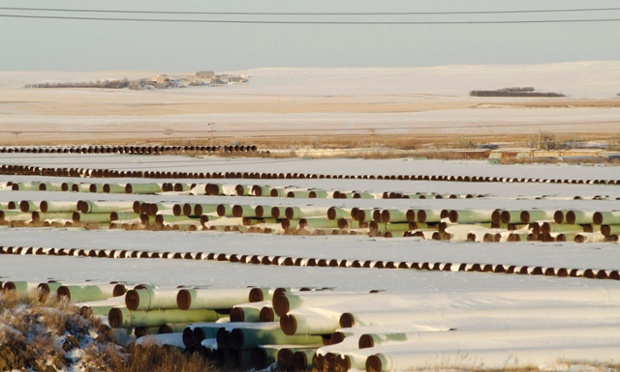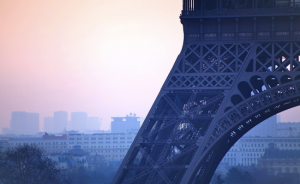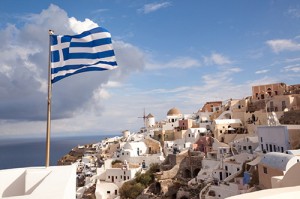 This reads like a cartoon manual for an evil PR firm:
This reads like a cartoon manual for an evil PR firm:
The company behind the Keystone XL project is engaged in a “perpetual campaign” that would involve putting “intelligent” pressure on opponents and mobilising public support for an entirely Canadian alternative, bypassing Barack Obama and pipeline opposition in the US.
Hours before a Senate vote to force US approval of the Keystone pipeline, the industry playbook to squash opposition to the alternative has been exposed in documents made available to the Guardian.
Strategy documents drafted by the public relations giant Edelman for TransCanada Corporation – which is behind both Keystone and the proposed alternative – offer a rare inside glimpse of the extensive public relations, lobbying, and online and on-the-ground efforts undertaken for pipeline projects. The plans call, among other things, for mobilising 35,000 supporters.
So, in the face of the Senate vote, TransCanada is mobilising [sic] support for an alternate route for the pipeline. They’re going to play offense, strike first, and ‘neutralize risk before it is leveled.’ I’m not even sure I want to know what that means. But this whole thing has been catapulted far beyond merely Green issues, environmental concerns or even energy independence rhetoric – those are just for window dressing at this point. Can corporations do what they want, damn the consequences, or not? That the is principle on which this rests. Even political support in the U.S. for the pipelines seems to rest not on its benefits but on one party’s ability to jam something unwanted down the country’s throat most important aquifer.
And this is nice, from further down in the article:
They advise: “Add layers of difficulty for our opponents, distracting them from their mission and causing them to redirect their resources,” and warn: “We cannot allow our opponents to have a free pass. They will use every piece of information they can find to attack TransCanada and this project.”
Recruiting allies to deliver the pro-pipeline message is critical, Edelman says in the documents. “Third-party voices must also be identified, recruited and heard to build an echo chamber of aligned voices.”
Most certainly! Echo chambers are just darling this time of year.
Image: A depot used to store pipes for Transcanada Corp’s planned Keystone XL oil pipeline is seen in Gascoyne, North Dakota, last week. Photograph: Andrew Cullen/Reuters, via theguardian.com




 Our best hope for carbon reduction is steep price drops in the cost of generating electricity by wind and solar; in the cost of installing wind turbines and solar panels; and in the cost of storing energy in batteries. If those price drops are achieved, we’ll head toward vast reductions in emissions regardless of what the EPA does. No one is going to pay 12 cents a kilowatt hour for electricity (our current national average) if it can be had for 2 cents a kilowatt hour, all other things being equal.
Our best hope for carbon reduction is steep price drops in the cost of generating electricity by wind and solar; in the cost of installing wind turbines and solar panels; and in the cost of storing energy in batteries. If those price drops are achieved, we’ll head toward vast reductions in emissions regardless of what the EPA does. No one is going to pay 12 cents a kilowatt hour for electricity (our current national average) if it can be had for 2 cents a kilowatt hour, all other things being equal.


